It’s a sad time in the comic book world, which is poorer today after the passing of the iconic and influential cartoonist Trina Robbins. She began making comics in the late 1960s, writing and drawing strips for the alternative newspaper the East Village Other, before moving to San Francisco in 1970 and making a splash in the underground comix scene. Her book It Ain’t Me Babe Comix was an all-female extravaganza, and she was involved with the anthology Wimmen’s Comix for decades.
She worked in the mainstream as well, most notably in the four issue The Legend of Wonder Woman run in the late 1960s. The story filled the publication gap between the cancellation of the original series and the George Pérez relaunch, keeping Wonder Woman on the stands while the character was in flux with a unique Golden Age pastiche. Some have called Trina the first female artist to ever draw Wonder Woman, which isn’t quite accurate. Another recently deceased icon, Ramona Fradon, drew Wonder Woman in the Super Friends series and Jan Duursema drew the character in a story in Wonder Woman #300 years before The Legend of Wonder Woman, but Trina was certainly the first woman to draw a full issue of a Wonder Woman comic book, and the first to work on the series for any kind of sustained arc. She returned to Wonder Woman occasionally in the years that followed, showcasing her love for the character that she grew up reading back during the amazing Amazon’s earliest run.

Trina was a comic book historian as well, a profession obviously near and dear to my own heart. Books like The Great Women Superheroes and From Girls to Grrrlz: A History of Comic from Teens to Zines spotlight so many important yet forgotten works, and she shined that spotlight on little known female creators as well with books like Women and the Comics (with Cat Yronwode), The Great Women Cartoonists, Pretty in Ink: North American Women Cartoonists, 1896-2013, and more. Trina’s work has been invaluable for my own research and writing, highlighting corners of the medium that would otherwise have remained lost. Her memoir Last Girl Standing is a fantastic document as well, capturing all of the joys and frustrations of being a women in comics over her long career.
More personally, Trina was kind enough to blurb my first book, Wonder Woman Unbound, back when I was an absolute nobody. I reached out to a lot of people looking for back cover quotes and didn’t hear back from most of them, understandably, but Trina was curious enough to give the book a read. We disagreed on some aspects of the character’s history, but she appreciated the book nonetheless and graciously gave me an enthusiastic quote that still makes me smile every time I think about it.
Trina and I kept in touch after that, checking in occasionally about comics news and new publications. One day, completely out of the blue, she emailed me to say she’d found her bound collection of the Rotarian, a 1930s magazine featuring articles from William Moulton Marston, an old bit of research she no longer needed and she wanted to know if I’d like to have it. I absolutely did, and she shipped it off to me, no charge, so that it would go to a good home where it would be appreciated and possibly be of use for future research. That I have Trina Robbins’ personal collection of William Moulton Marston articles is absolutely delightful, and I’ll treasure it always.
I also got to work with Trina recently on the Wonder Women: Heroes of Heterodoxy exhibit that I co-curated for the City Reliquary Museum in Brooklyn, New York. Trina was one of the subjects of the exhibit as well as a contributor, and it was lovely to Zoom with her and enjoy her fierce devotion to the character. Trina LOVED Wonder Woman, and would not at all stand for anything that would depict her in anything other than a wholly heroic light. Now, I’m a bit more of an iconoclast when it comes to these things. For example, I think the bondage aspects of early Wonder Woman comics are fascinating if problematic attempts at feminist messaging while Trina thought that was all overblown and need not be dwelled on. I so respected her love of the character, and it was such fun to see the fandom of her youth come to the fore as we discussed the show.

Part of the show focused on Trina’s time in New York City in the late 1960s, when she opened a small clothing boutique. A cool if irrelevant footnote at first glance, until you realize that Wonder Woman herself, the depowered Diana Prince, did the same thing during her Mod Era in the comics around the very same time! The synchronicity was too funny to ignore, and we ended up spotlighting Trina’s shop next to panels of Diana’s boutique.
I’m so glad I got to work with Trina on that exhibit and spend some time with her, and I’m so sad she’s gone now. She’s an absolute icon and trailblazer as a cartoonist, and a massive influence and inspiration for me as a historian. On top of all of that, she was so kind. Every story I’ve seen since the news broke has been about how supportive and wonderful she was, and I can only say the same. She helped launch my career, lending me the awesome gift of her cachet at a time when I had little of my own, and I owe her so much. So many do, and she’ll be very missed.


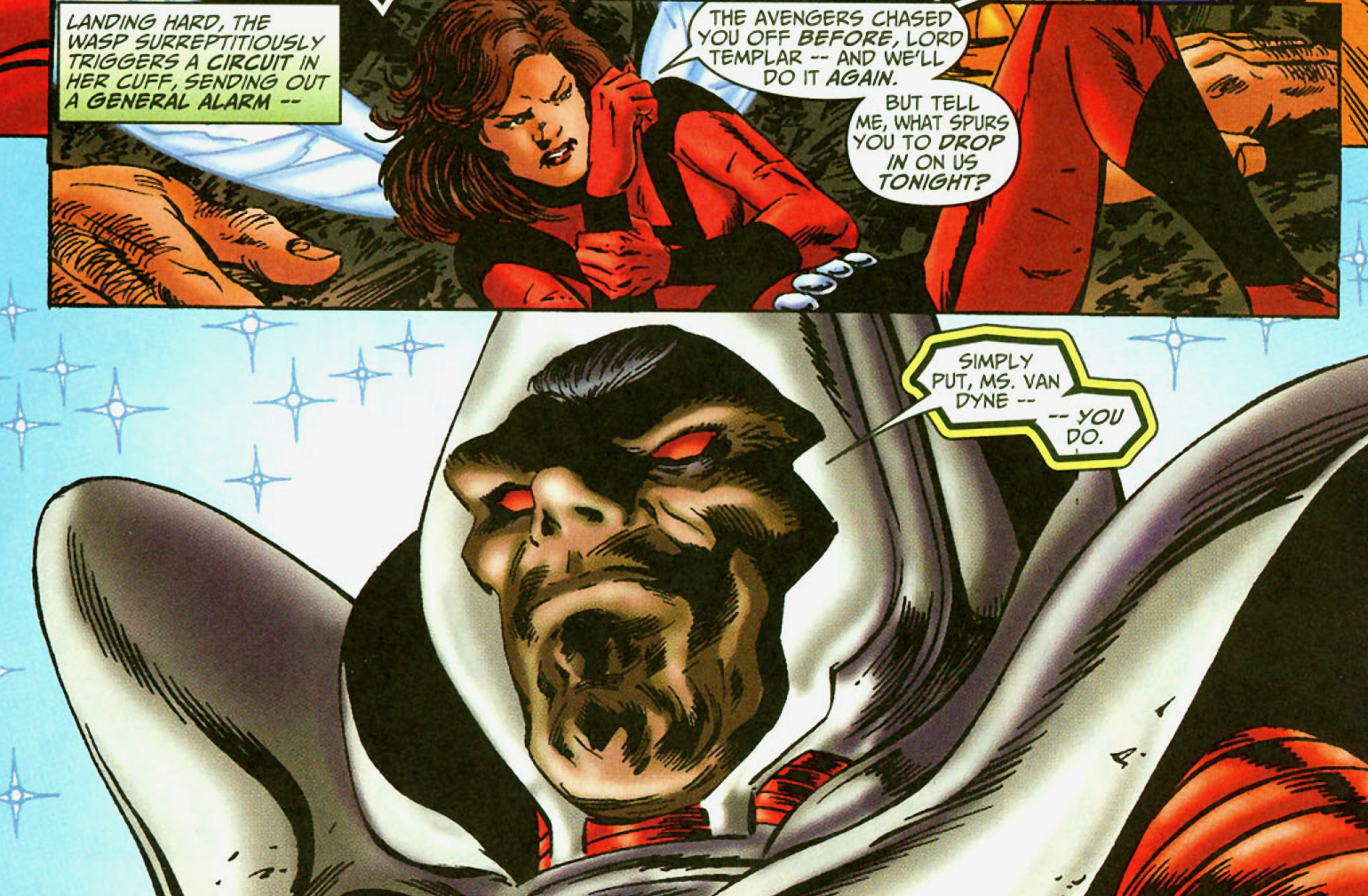

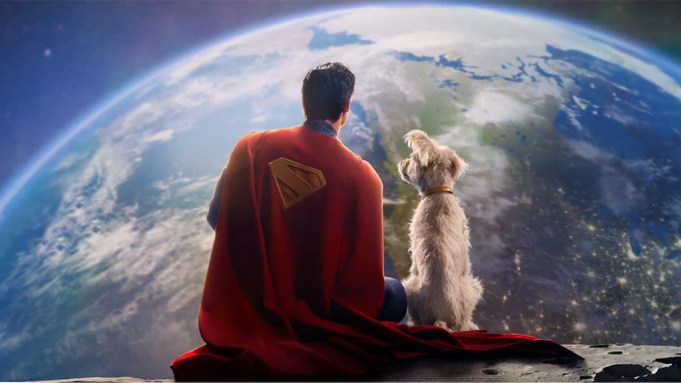


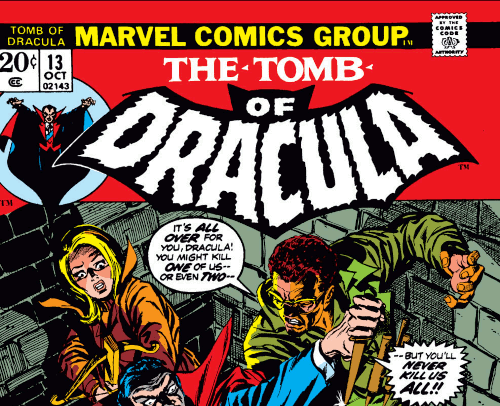
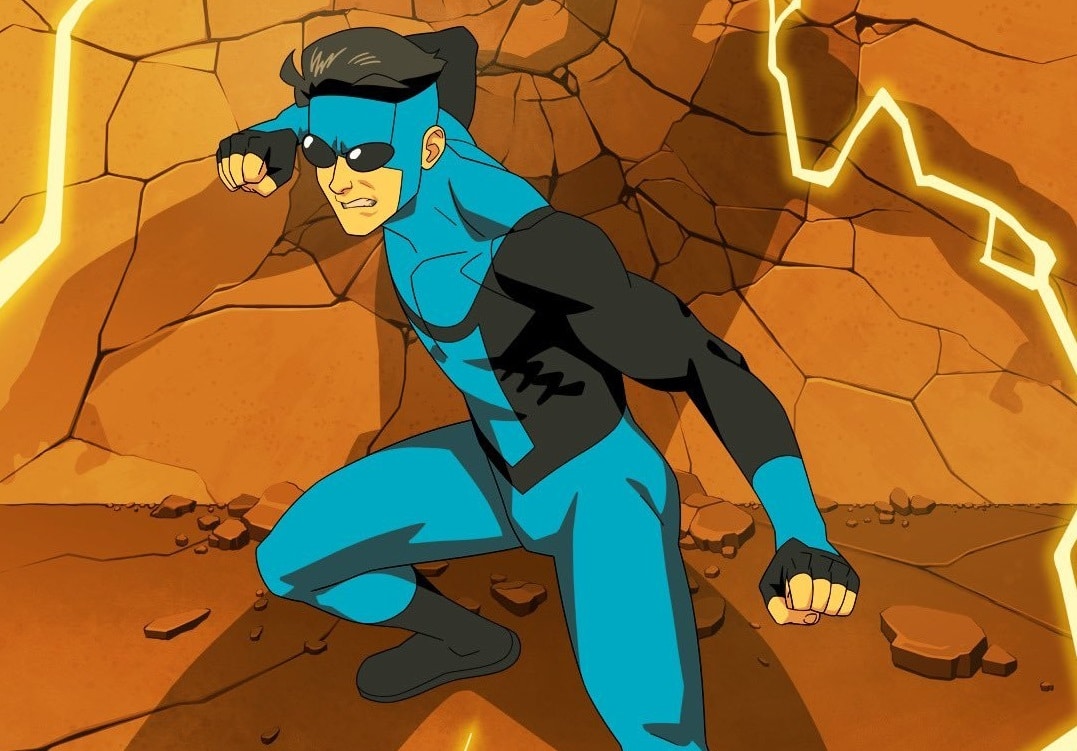


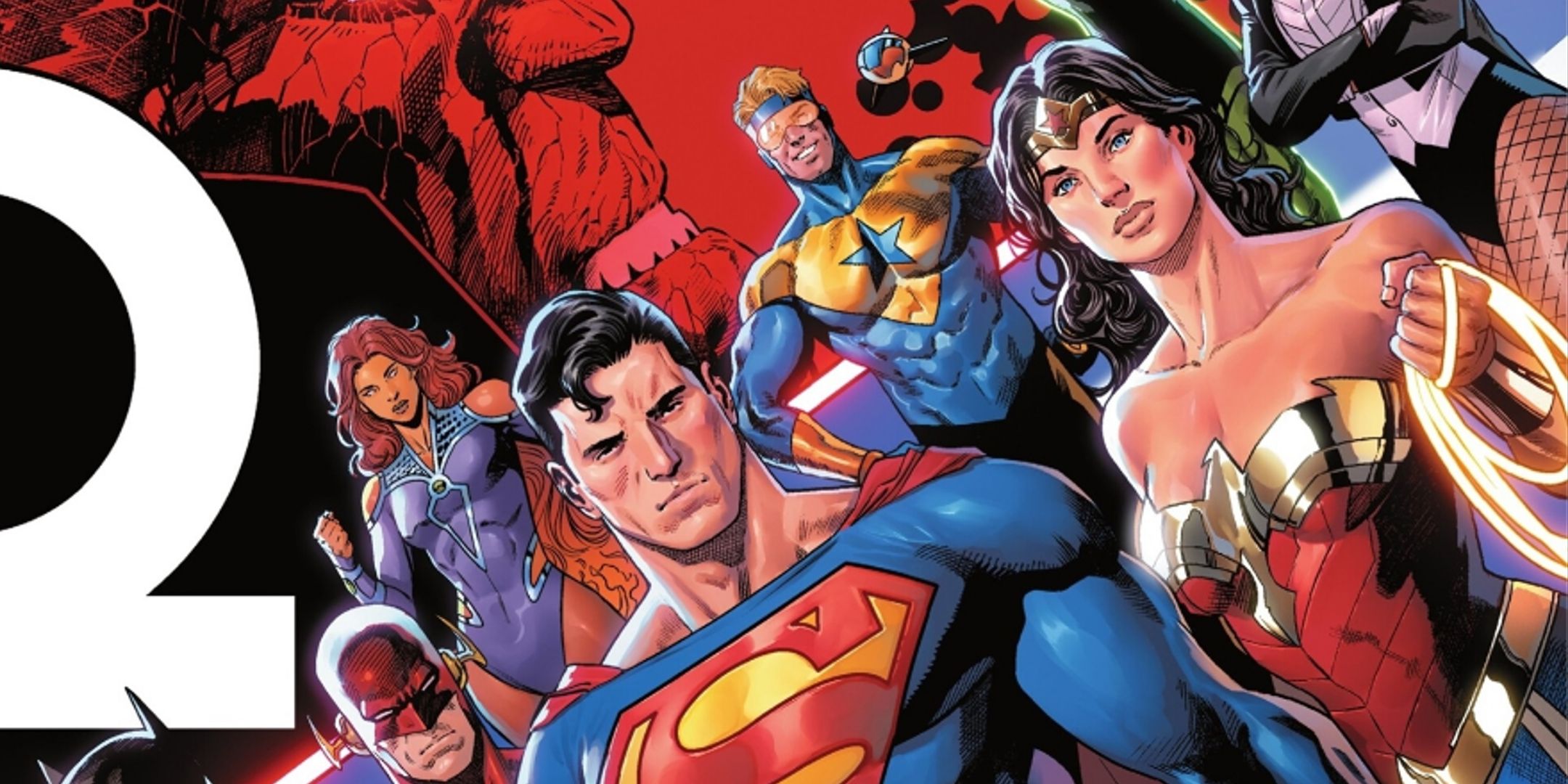
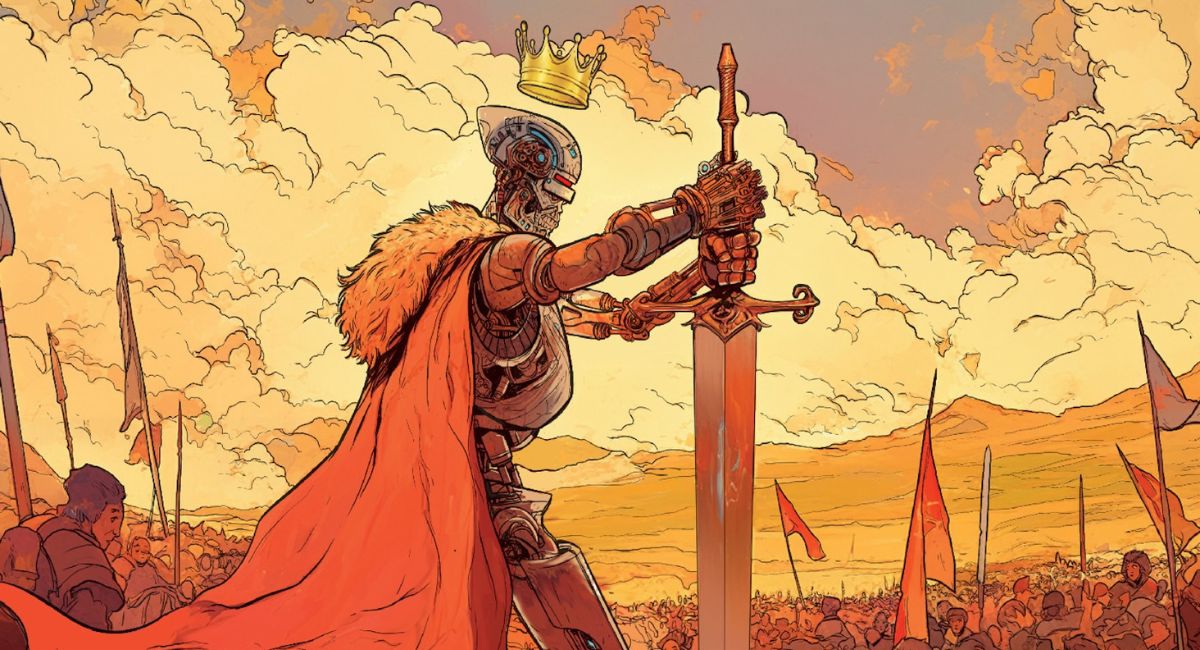


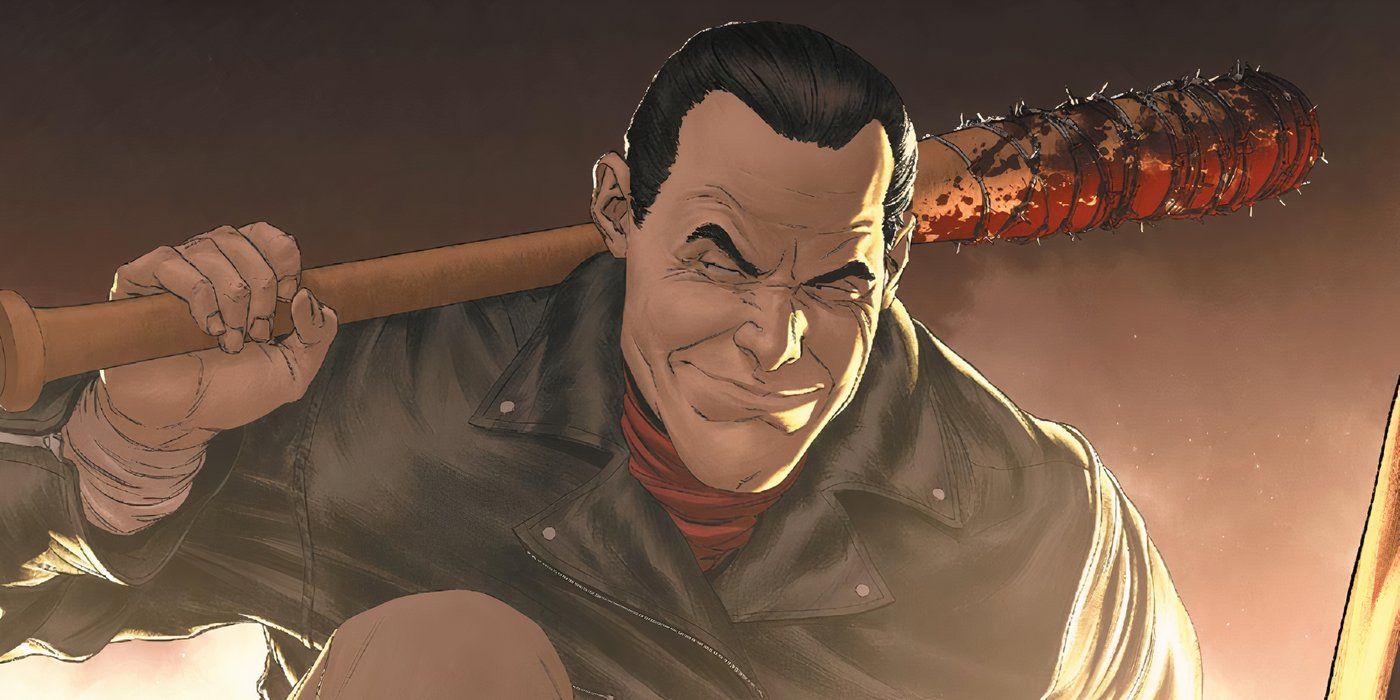




 English (US) ·
English (US) ·